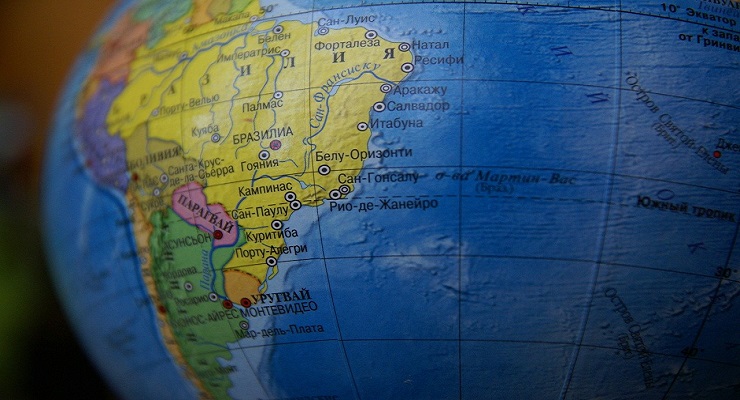 Latin America’s past is also one dominated by the clash of political ideologies. Conservatives have always attempted to block leftist advances and coups were rampant partly due to anti-leftist politics. This dynamic was responsible in many ways for authoritarian rule in the region. As such, a new perspective by Michael Albertus in The Washington Post argues that the revival of leftist politics in South America reflects the country’s struggle with its authoritarian past rather than political flip-flopping. Here is an excerpt:
Latin America’s past is also one dominated by the clash of political ideologies. Conservatives have always attempted to block leftist advances and coups were rampant partly due to anti-leftist politics. This dynamic was responsible in many ways for authoritarian rule in the region. As such, a new perspective by Michael Albertus in The Washington Post argues that the revival of leftist politics in South America reflects the country’s struggle with its authoritarian past rather than political flip-flopping. Here is an excerpt:
In recent months, Chile rejected its political establishment as it convenes a constituent assembly for a new constitution. Anti-government protests and organizing continue to roil Colombia and put its conservative president on the defensive. And a presidential election in Peru delivered a win for a leftist outsider of the likes the country has not seen in 40 years.
Latin America is undergoing a resurgence of leftism. Some analysts are calling it a revival of the “pink tide” of the early 2000s, when many Latin American countries elected leftist leaders. But rather than run-of-the-mill instability or political flip-flopping, recent events reflect the region’s continued struggle with its authoritarian past.
The formerly jailed politician Luiz Inácio Lula da Silva is set to challenge Jair Bolsonaro in Brazil’s 2022 presidential election, and leftist presidents preside in Mexico and Argentina. Leftist remnants from the 2000s — notably Nicolás Maduro in Venezuela and Daniel Ortega in Nicaragua — remain firmly in power. And neoliberal economic policies are under fire across the region as countries grapple with the covid-19 pandemic.
Continue reading here.
Leave a Reply